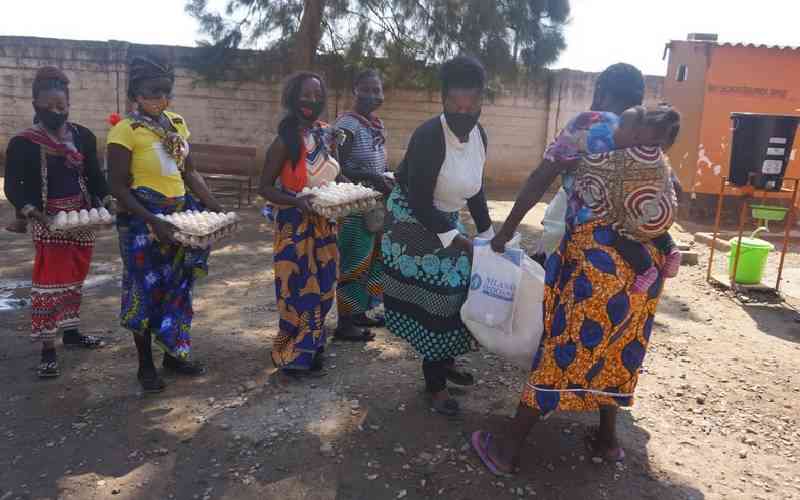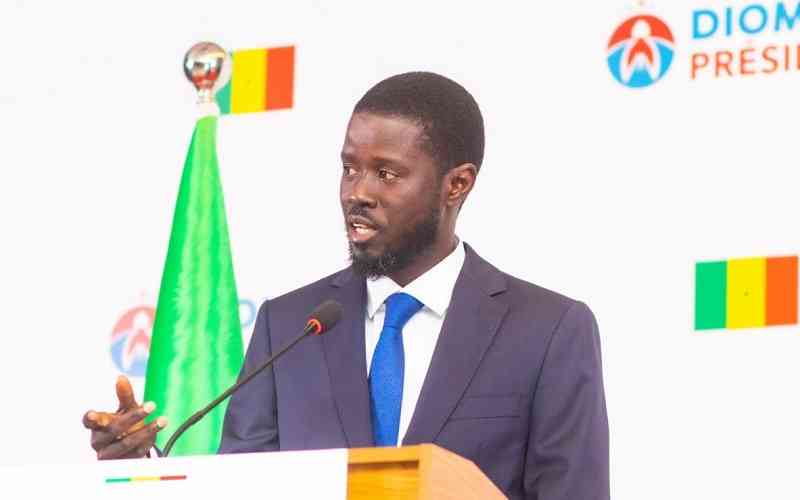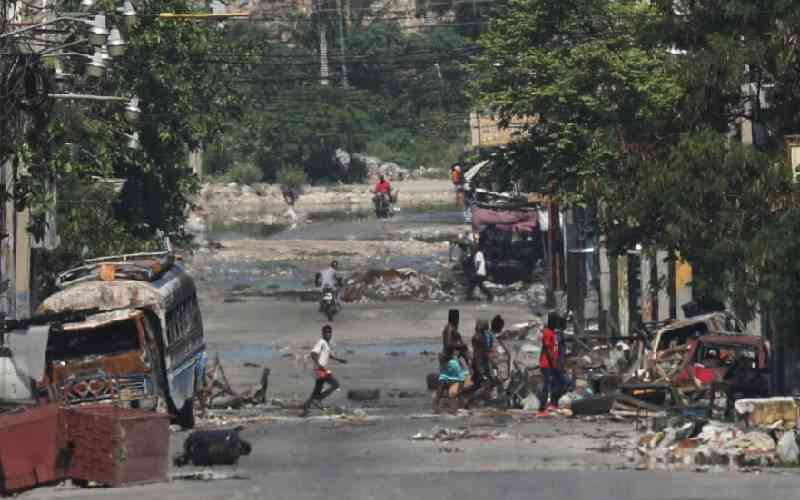Zambians voted for their next leader on Tuesday in a tight race between a populist lawyer and a wealthy economist after the former president died in office.
Edgar Lungu, leader of the ruling Patriotic Front (PF), is seen having a slight edge over Hakainde Hichilema, a businessman whose United Party for National Development (UPND) has wooed the middle-class and investors.
However, Hichilema's team has already complained about ballot papers not being received in some UPND strongholds and pockets of violence against their supporters, raising the likelihood that a PF victory could be contested.
But with another election due late next year when Michael Sata's term would have ended, had he not died in October, whoever wins will have little time to turn around a stuttering economy in one of Africa's most promising frontier markets.
Zambia has averaged 6-7 percent growth as the mining sector boomed but growth slowed to 5.5 percent last year, the International Monetary Fund says, and could ease further with the price of copper reaching a 6-year low this month.
A row between international mining companies and the government over royalty increases and $800 million in unpaid taxes also threatens to deter investment.
Lungu's campaign has focused on tapping into the grassroots support base of Sata, a populist leader from the majority Bemba tribe who won over the working class by funding infrastructure projects in poor, rural areas.
Hichilema, one of Zambia's wealthiest businessmen known locally as "HH", says he will draw on his experience in the private sector to attract foreign investment and diversify an economy, where copper accounts for 70 percent of export earnings
He has also promised free education for all, in a move aimed at gaining support among poorer Zambian voters.
"I'm behind Edgar Lungu. He's a humble man. He's one of us," street trader Elvis Nyambe told Reuters as he waited to vote.
Joyce Mainza, a 36-year-old mother of four, said she voted for Hichilema because he had laid out clear policy plans.
"We need someone who will get us out of poverty," she said.
Zambia has an enviable record of stable democracy in Africa, with several peaceful transfers of power since the end of one-party rule in 1991.
Voting ended in most regions at 1600 GMT although heavy rains caused delays and some polling booths stayed open later.
Results were expected to begin coming in overnight but the winner may not be announced until Thursday or Friday.
Stay informed. Subscribe to our newsletter
 The Standard Group Plc is a
multi-media organization with investments in media platforms spanning newspaper
print operations, television, radio broadcasting, digital and online services. The
Standard Group is recognized as a leading multi-media house in Kenya with a key
influence in matters of national and international interest.
The Standard Group Plc is a
multi-media organization with investments in media platforms spanning newspaper
print operations, television, radio broadcasting, digital and online services. The
Standard Group is recognized as a leading multi-media house in Kenya with a key
influence in matters of national and international interest.
 The Standard Group Plc is a
multi-media organization with investments in media platforms spanning newspaper
print operations, television, radio broadcasting, digital and online services. The
Standard Group is recognized as a leading multi-media house in Kenya with a key
influence in matters of national and international interest.
The Standard Group Plc is a
multi-media organization with investments in media platforms spanning newspaper
print operations, television, radio broadcasting, digital and online services. The
Standard Group is recognized as a leading multi-media house in Kenya with a key
influence in matters of national and international interest.








